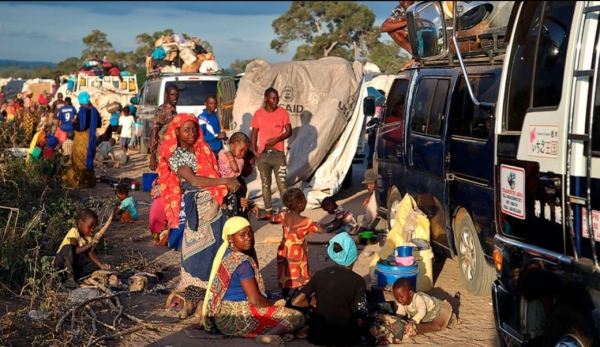In October 2022, the insurgency in Cabo Delgado killed some 5,900 people and displaced another 950,000 since its beginning in 2017. Due to the extreme violence, the humanitarian situation has continued to deteriorate and the number of displaced persons has increased.
Five years later, communities still live in constant fear and continue to suffer trauma and loss. Homes and other infrastructure were razed to the ground. Livelihoods have been lost and access to basic necessities such as food and health care remain inaccessible to many. Attacks by the Islamist militant group Ahlu Sunnah Wa-Jamo (ASWJ) against both military and civilian targets continued in August and September. The group typically attacks security forces and remote cities through roadside ambushes and armed assaults.
Northern Mozambique, particularly the province of Cabo Delgado, has been the target of an Islamist uprising since October 2017. The conflict has now spilled over into neighboring Nampula province, which witnessed four attacks by armed groups in September injuring at least 47,000 people and displacing another 12,000.
Local and international forces are working together to recapture the urban areas occupied by the insurgents, pushing them further inland and into more rural areas. At a press conference at the Palais des Nations in Geneva, the United Nations Refugee Agency (UNHCR), which is working closely with the government and other partners, called for an end to the violence and the international community to provide a support to reduce the suffering of the displaced population and local communities in northern Mozambique.
To read more, visit:
- Nearly 1 million people have fled five years of northern Mozambique violence
- Mozambique Marks Five Years of Extreme Violence in Cabo Delgado
- Mozambique: Militant threat likely to remain elevated in Cabo Delgado, Nampula, and Niassa provinces through mid-November
by Jasmine Labed







